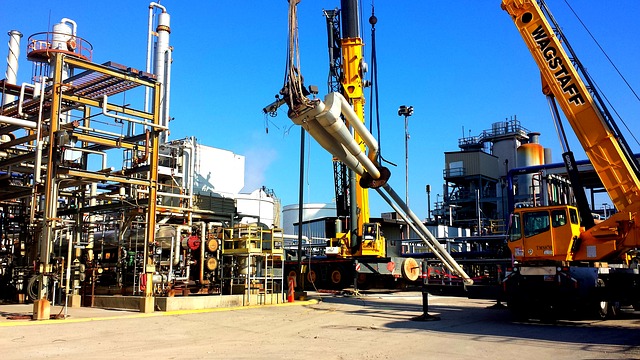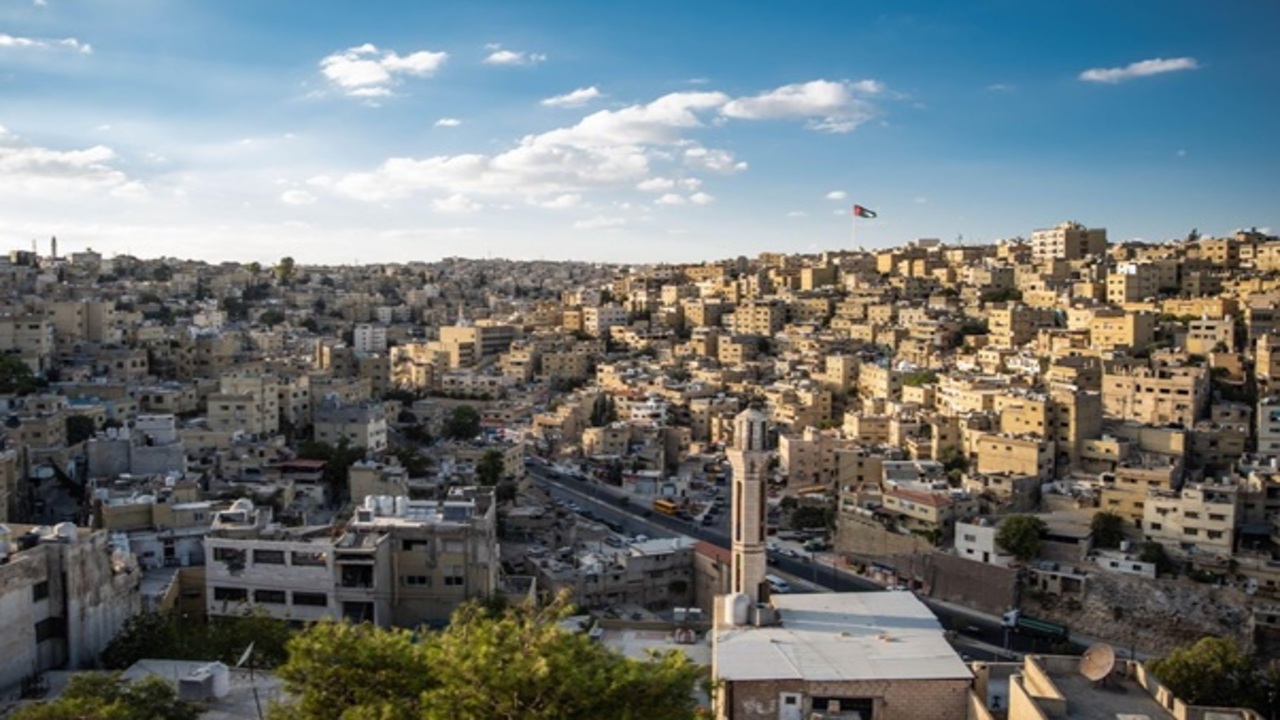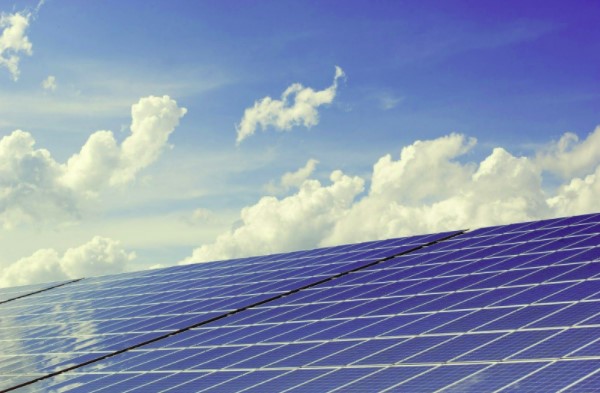The Kingdom of Jordan witnessed an improvement of its global ranking compared to last year and placed as the 7th most competitive Arab Economy. According to the World Economic Forum’s (WEF) Global Competitiveness Report 2019, Jordan improved by three points, ranked 70th on the global index.
Jordan also ranked 40th internationally in the domestic competition indicator, advancing by six ranks compared to the 2018 report. Moreover, The World Bank also listed the Kingdom among 20 countries whose "ease of doing business" score has improved.
The WEF report stated that the Arab world has made notable advancements in the ICT sector, as many countries in the region have started to build a sound infrastructure. The United Arab Emirates (UAE) ranked 25th globally successfully led the regional rankings, followed by Qatar (29th) and Saudi Arabia (36th).
Improving Indicators
Obtaining credit, paying taxes and resolving insolvency, are among areas of improvement for Jordan, according to the report. Right after the credit bureau began offering credit scores to banks and other financial institutions, Jordan started to expand its access to credit.
The Kingdom also introduced a new law on securing transactions, regulating functional equivalents to loans secured with movable property, including financial leases and fiduciary transfer of title.
Adding to that, the government of Jordan is currently working continuously to improve Jordan's business environment in order to attract more investments and boost the economy. Processing taxes has become more efficient and regulations governing credit have improved over time.
Key Challenge to Improve
Transitioning away from natural resources and diversifying the economy is currently the key challenge for Jordan and other Arab countries to improve their rankings. Oil and gas still remain the largest export from the Arab world, accounting for close to half the region’s merchandise exports.
Weaknesses in education and innovation are considered as significant factors to promote diversification through multiple channels, including raising labor productivity, facilitating entrepreneurship, and enhancing a country’s capacity to produce higher-value-added goods and services. Rapid technological change and intensifying global economic competition are also making high levels of education and investments in innovation increasingly necessary for diversification.
Although Jordan and the Arab world in general rank reasonably well in enrollment rates compared with other regions, the quality of education is still low. Likewise, most countries in the region have low levels of innovation for their levels of income.
The Kingdom needs some structural changes in order to encourage more rapid diversification in the country and region in general. The changes need to include forming regulatory frameworks that ensure competition and support private-sector investment; improving the quality of education; opening trade and foreign investment; and building the financial sector that better meets the needs of micro, small, and medium enterprises (MSMEs).

Indicators which have shown improvement are still a part of the big issues hindering the national economy’s growth, noting that Jordan should continue to work on the bigger issues of debt, poverty, unemployment, budget as well as trade balance deficiencies, in addition to tax evasion and corruption.
The King needs to improve more indicators to help ease the transition into an economy that is able to offer advanced investment as well as a safe environment for all investors. The issues should be addressed to also improve Jordan’s score and rank on international indexes.



